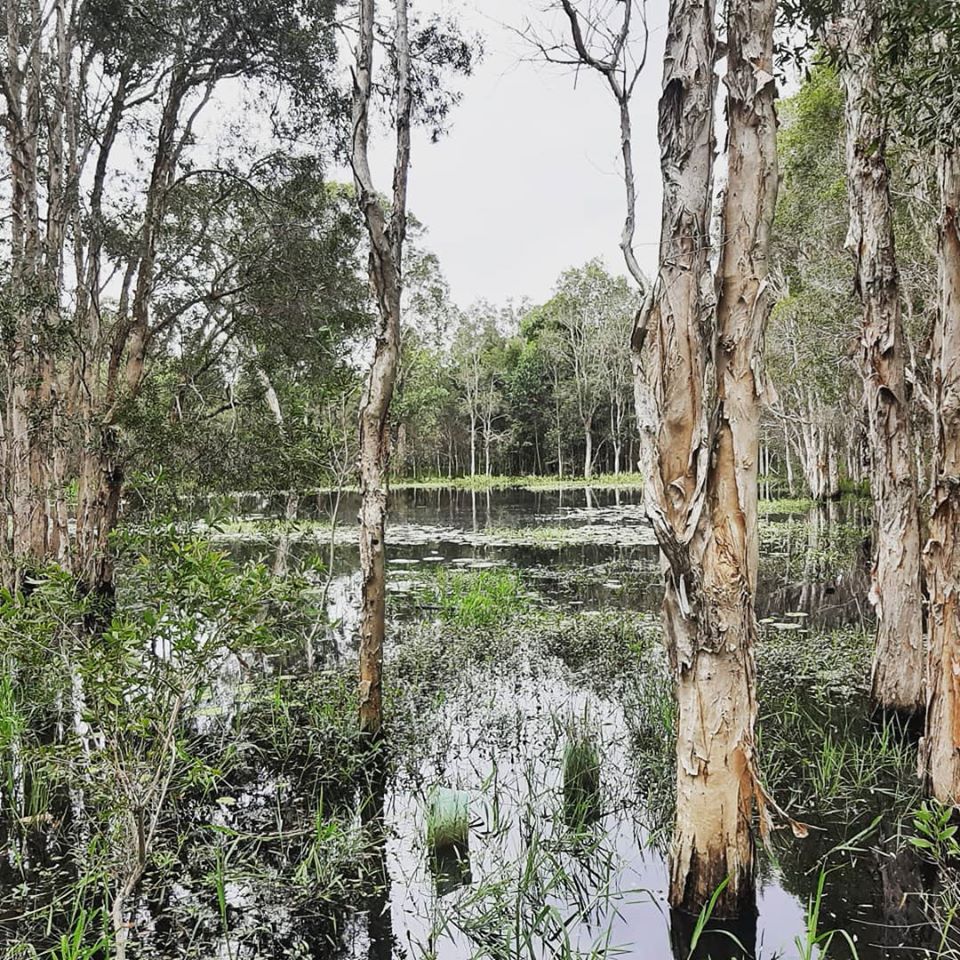
As sources indicate, wetlands in Ethiopia make a significant part covering an area of 13,700 km square. The resources, being a home for various many plants species and animals, sources of water and food, play a vital role in the life of rural peoples.
The importance of wetland resources in Ethiopia goes beyond their relevance as a shelter for several endangered fauna and flora species, but they are vital components in the national and global ecosystems and economies, stated a journal published years back under a title ‘Wetland ecosystems in Ethiopia and their implications in ecotourism and biodiversity conservation’. As to the study, wetlands are exceptional habitats favored by endemic birds and are endowed with variety of natural attractions offering immense potential for ecotourism development in the country.
However, the resource is shrinking from time to time due to various reasons. population growth, unwise and increased pressure of resource utilization, anthropogenic activities such as industry, human settlements and farmland expansion, overgrazing, massive vegetation removal for food, construction materials and fuel wood, open burning in an attempt to convert to farmlands plus climatic factors among others are causing sever deterioration to wetlands, this same source further elaborates.
According to Professor Fekadu Beyene, Environment, Forest and Climate Change Commission Commissioner, the wise use of wetlands and their ecosystem is vital for sustainable provision of water security, biodiversity, climate regulation, improved human livelihoods and health and is vital in country’s economy and water management viable.
As the Professor stated once at a national workshop organized to evaluate and weigh nation’s effort in safeguarding wetlands, wetlands provide a wide range of important ecosystem services, placing them at the heart of sustainable development. Wetlands can play a key role in the endeavors of a country to meet the Sustainable Development Goals (SDGs), and Agenda 2063 of the Africa Union. On the contrary, Wetland degradation has been shown to result in both environmental and economic difficulties and the aggravation of multiple hazards.
Ethiopia has a long tradition of protecting and promoting the sensible use of wetland resources. More recently, numerous wetlands related laws, policies and strategies have been adopted at both the Federal and local levels. Many of the states have also been taking steps to formulate one or more general environment law designed to protect and conserve nation’s natural resources and wetlands.
Such instruments have helped to slow or reverse some wetland degradation though given the particular nature of wetlands special treatment is required.
Professor Fekadu further noted that the Commission has drafted a standard on National Wetlands Convention, Protection and Utilization Proclamation that will provide a comprehensive legal framework is instrumental to manage wetlands in sustainable manner.
Dr. Melese Damtie, Lecturer at Addis Ababa University School of Law, on his part said that wetlands are vital resources in ensuring the availability of drinking water, agriculture, assimilating organic waste and improving water quality, reducing flood risks and soil erosion, providing habitats for a range of species and ensuring groundwater recharge.
Ethiopia is naturally endowed with diverse wetland ecosystems that provide countries socio-economic and ecological services and benefits. The country’s wetland ecosystems are among the most productive and have been utilized by humans for generations.
Unfortunately, according to him, these wetlands are facing serious threats and exposed to increased challenges due to various reasons. As to him, climate change and increasing demands on alternative water resources means that increased numbers of people and livestock are utilizing wetland resources causing increased pressure and lost wetland resilience. And, if proper management of wetlands is not promoted and strong action is not taken to protect the resource, the degradation can pose a danger to the country’s wetlands.
Commission’s Policy, Law and Standards Research and Development Director General, Ayele Hegena noted that wetlands are key for climate mitigation and adaptation. Wetland ecosystems have importance in sustainable development of the country due to their possession of enormous biological diversity, contribution to the socioeconomic aspect of communities and provision of various ecosystem services. These multiple benefits and services provided by wetlands are significant in achieving SDGs and ensuring wetland conservation, wise use and restoration are an integral part to SDGs planning and implementation.
Thus, the Commission keeps on working with all stakes and is ready to utilize research reports deliberated by the scholars and reconsider in developing related documents to join the convention, he added.
It is clear that Ethiopia is being affected several times because of humans’ unwise exploitation of natural resources for activities such as farming, grazing and deforestation. These have been leading to resource depletion, disappearance of biodiversity, dried up of wetland resources and destruction of wetland ecosystems.
To secure the challenges and secure the many plant species and animals harboring on wetlands thereby ensure the sustainable socioeconomic benefits, designing workable interventions-laws, policies and strategies and protecting wetlands from unwise human activities is crucial. To this effect, the community has to work with government and stakeholders.
The Ethiopian Herald April 22/2020
BY MENGESTEAB TESHOME



